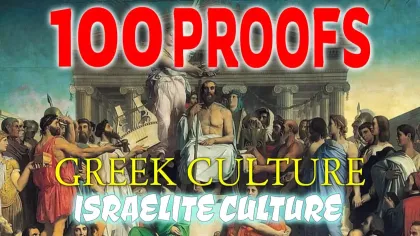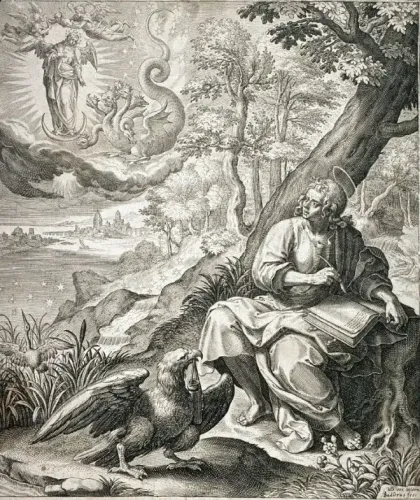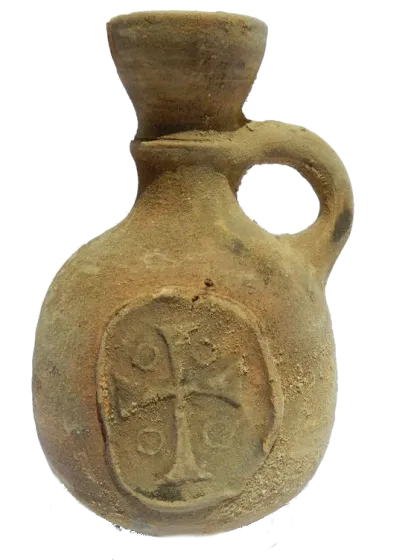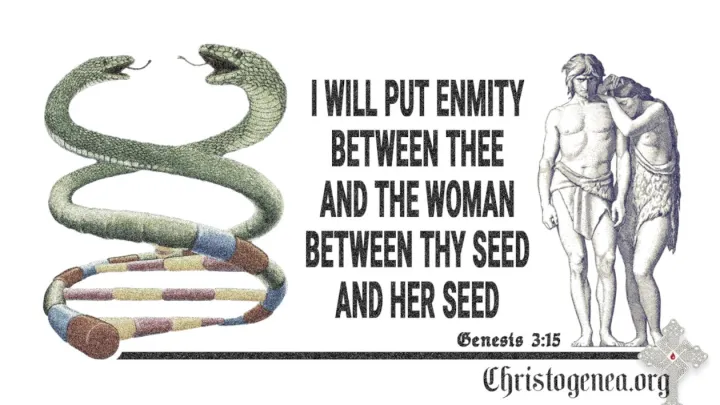
TruthVid's 100 Proofs that the Israelites were White, Part 69
In our last presentation of these 100 Proofs, we endeavored to show that there are certain men whom Yahweh God could not have cleansed, and whom He had never intended to cleanse because, as it is prophesied in the Old Testament, He only intended to cleanse the children of Israel of their sins. So for that same reason, in the presentation preceding that we had discussed what Yahweh God had cleansed on the cross of Christ, which must have been the children of Israel whom He had explicitly promised to cleanse in the words of the prophets. So if God had only cleansed certain men, and only men of Israel as He had promised, it must be evident that there were men who were not cleansed by Him, and as we argued here last week, it is for that reason that Judas was not clean, and that Paul of Tarsus spoke of “disgusting and wicked men” who were never candidates for conversion to Christianity but against whom Paul had prayed for protection. Furthermore, of such men are the unclean whom Paul had told his readers to come out from among, particularly in 2 Corinthians chapter 6, where he was paraphrasing the words of the prophet Isaiah. Since the Scripture describes the cleansing of men with the blood of the Lamb, that will be the subject of our next discussion.
93) The Blood of the Lamb
An allegorical description of the crucifixion of Christ as the blood of a lamb is found in 1 Peter chapter 1, where we read: “18 Forasmuch as ye know that ye were not redeemed with corruptible things, as silver and gold, from your vain conversation received by tradition from your fathers; 19 But with the precious blood of Christ, as of a lamb without blemish and without spot.” When Peter wrote those words, he was addressing Christians of the Roman provinces of Anatolia, having described them as sojourners, where he also informed them that they were elect “according to the foreknowledge of God.” Then he encouraged them, that upon their trials they could look forward to “9 Receiving the end of your faith, even the salvation of your souls. 10 Of which salvation the prophets have enquired and searched diligently, who prophesied of the grace that should come unto you: 11 Searching what, or what manner of time the Spirit of Christ which was in them did signify, when it testified beforehand the sufferings of Christ, and the glory that should follow. 12 Unto whom it was revealed, that not unto themselves, but unto us they did minister the things, which are now reported unto you by them that have preached the gospel unto you with the Holy Ghost sent down from heaven; which things the angels desire to look into.”














 Please click here for our mailing list sign-up page.
Please click here for our mailing list sign-up page.








Recent comments